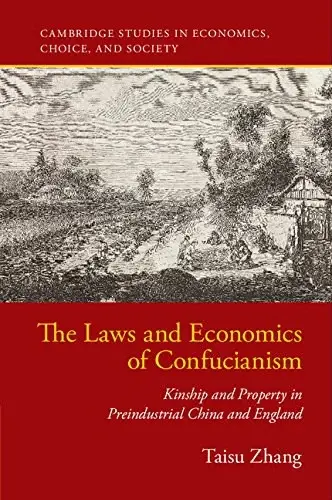
作者:TaisuZhang
出版社:CambridgeUniversityPress
副标题:KinshipandPropertyinPreindustrialChinaandEngland
出版年:2017-8-31
页数:317
定价:USD110.00
装帧:Hardcover
ISBN:9781107141117
内容简介
· · · · · ·
The book is a study in comparative legal and economic history. It asks why early modern property institutions in rural China and England went down distinctly different paths—and whether these institutional differences had any macro-level economic effects. The book’s central thesis ties together cultural analysis with law and economics—two theoretical paradigms that have had virtually no interaction over the past several decades—but also engages the growing literature on global economic divergence.
评论 ······
非常勇敢的一个出发点,非常紧密的一个比较历史的模式,但是存在文化主义的嫌疑,不完全推翻Weber的理论
又是一本在课上被两位狠批的书,主要是怼他用了民国时期收集的满铁华北的资料来argue关于明清时期(繁荣于东南的)宗族的论点(及参见Faure的review)
empirical的部分似乎并没有充分的证据说明,在江南地区generational seniority在land transactions中间真的起到了偏向“穷人(dian seller)”的作用,进而阻碍买家得到彻底的“产权”。除了满铁的资料比较好之外,其它的各种案件、案牍和契约最多只能说明亲属关系和土地交易具有相关性(“找熟人做交易和保人”),而后者已经有很多研究都说明了。作者自己也承认,e…
非常好看!提出了一个令人信服的理论框架,来解释为什么英国16、17世纪实现了工业化,而中国19、20世纪初没有。摆脱了旧的框架,既不是信新教就要去疯狂做生意,信儒学就痛恨商业,也不是全盘否认思想对行为的影响。总之就是儒家思想影响政治资源的分配,使得经济地位低的人掌握了不成比例的政治资源,从而能够影响社会博弈(典、永佃权),导致土地原始积累非常困难,组织化农业生产无法实现。
评论前必须登录!
注册